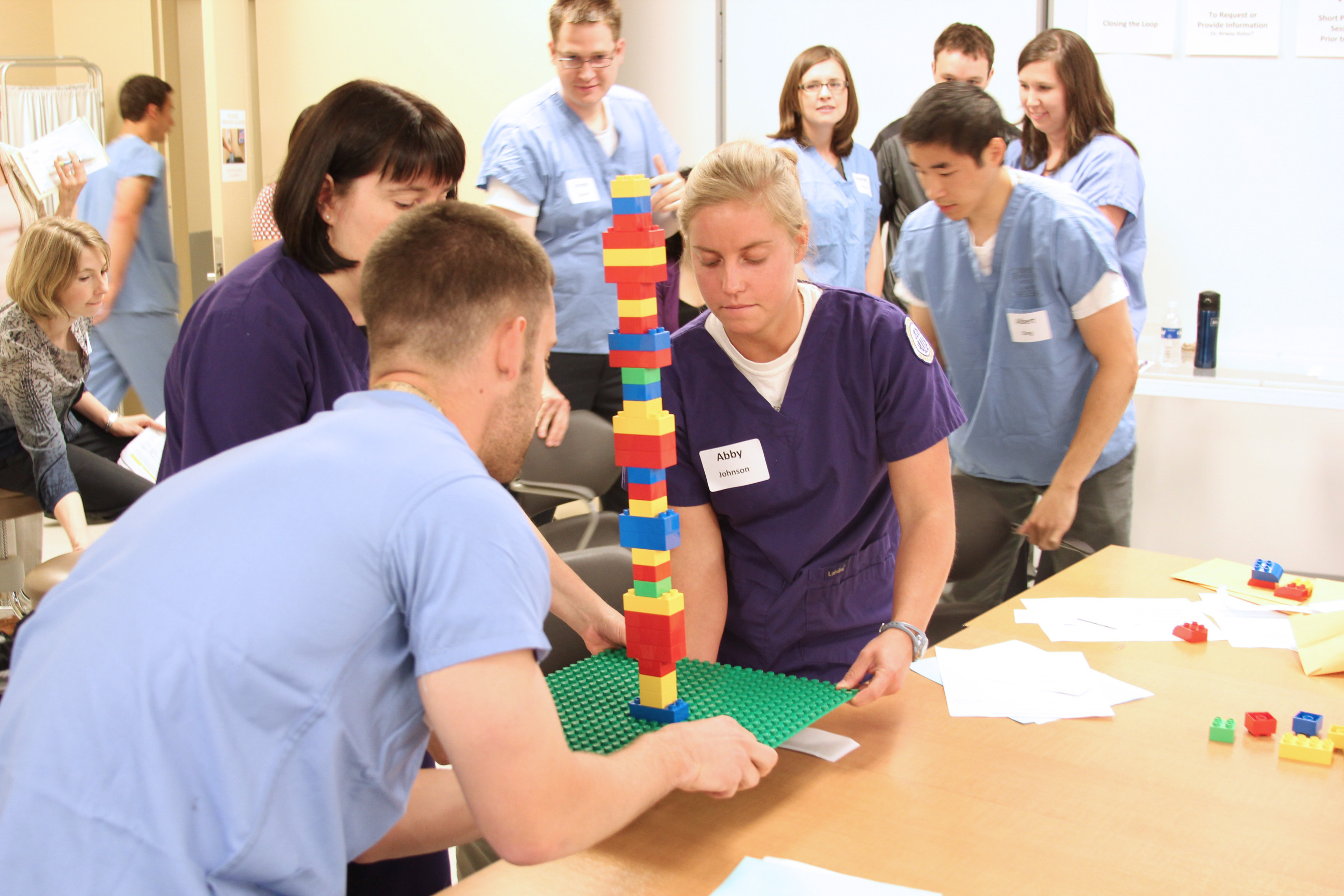
When Dr. Sara Bode was a junior faculty member at Phoenix Children’s Hospital she realized there was something missing in how her pediatric residents were being trained. While the program was set up to send residents out into different community settings, like an elementary school or community health clinic, the visits were sporadic and observational. Bode wanted something more meaningful and interactive. She wanted her residents to be embedded in the community, and to be real advocates for their patients.
That is when she started perusing the American Academy of Pediatrics (AAP) website for guidance and came across its Macy-funded training. Working with 10 pediatric residency programs across the country, the AAP was helping program directors build a more robust community health and advocacy curriculum for their residents. Bode applied, and Phoenix Children’s Hospital was chosen. Now, more than five years later, the pediatric residency program at Phoenix Children’s is more expansive than ever before.
“We have a broader understanding in the medical community today that a child’s health is dependent on their surroundings and environment, in addition to genetics and access to care,” says Bode, now a general pediatrician in the Department of Pediatric and Adolescent Medicine at Phoenix Children’s. “We can’t just treat disease and prescribe medicine, because if the child is then going home or playing in a community where they can’t thrive then the outcomes are not going to be what you want. As pediatricians, we need to advocate for our patients to make sure they get access to what they need to live healthy, fruitful lives,” she says
Advocacy in Action
With her award from AAP, Bode was given a mentor, time to build out the program, and the ability to hire a coordinator. Today, residents at Phoenix Children’s are doing remarkable work and are getting to know their community on a whole new level. Under the new community advocacy program, residents are:
- Partnering with local health fairs and helping parents and their children enroll in health insurance plans;
- Meeting with new and expectant mothers every month to educate them about common health issues like ADHD and childhood obesity;
- Mentoring teen moms on how to obtain their GED and setting them up for financial coaching; and
- Helping people in the community identify needs and then advocating on their behalf. Most recently, Phoenix Children’s residents worked with local school and city officials to turn an abandoned parking lot into a park for children to play.
Bode and her colleagues also developed a community and child health policy initiative to advocate for their patients at the state level. Their Pediatricians at the Capitol program sends dozens of residents each year to meet with state lawmakers about the latest issues in pediatric health. Residents frequently testify in front of state health committees and some are even crafting legislation to improve state support for adverse childhood experiences and other child health issues.
“At the end of the day what we’re really trying to do is help communities identify what their needs are and advocate alongside them so that children and their families can live the healthiest lives possible,” Bode said. “We are changing the way medicine is practiced, and building advocates who can then mentor the next round of trainees.”